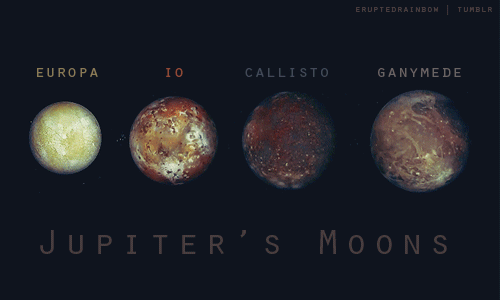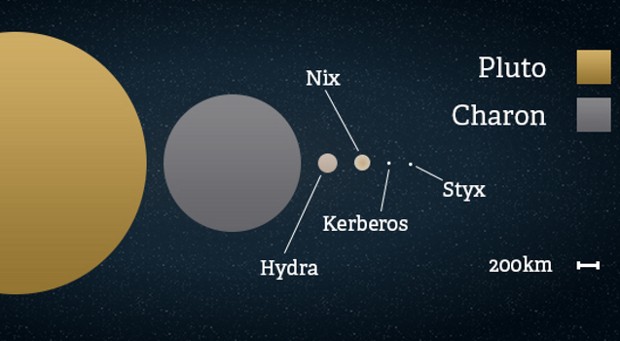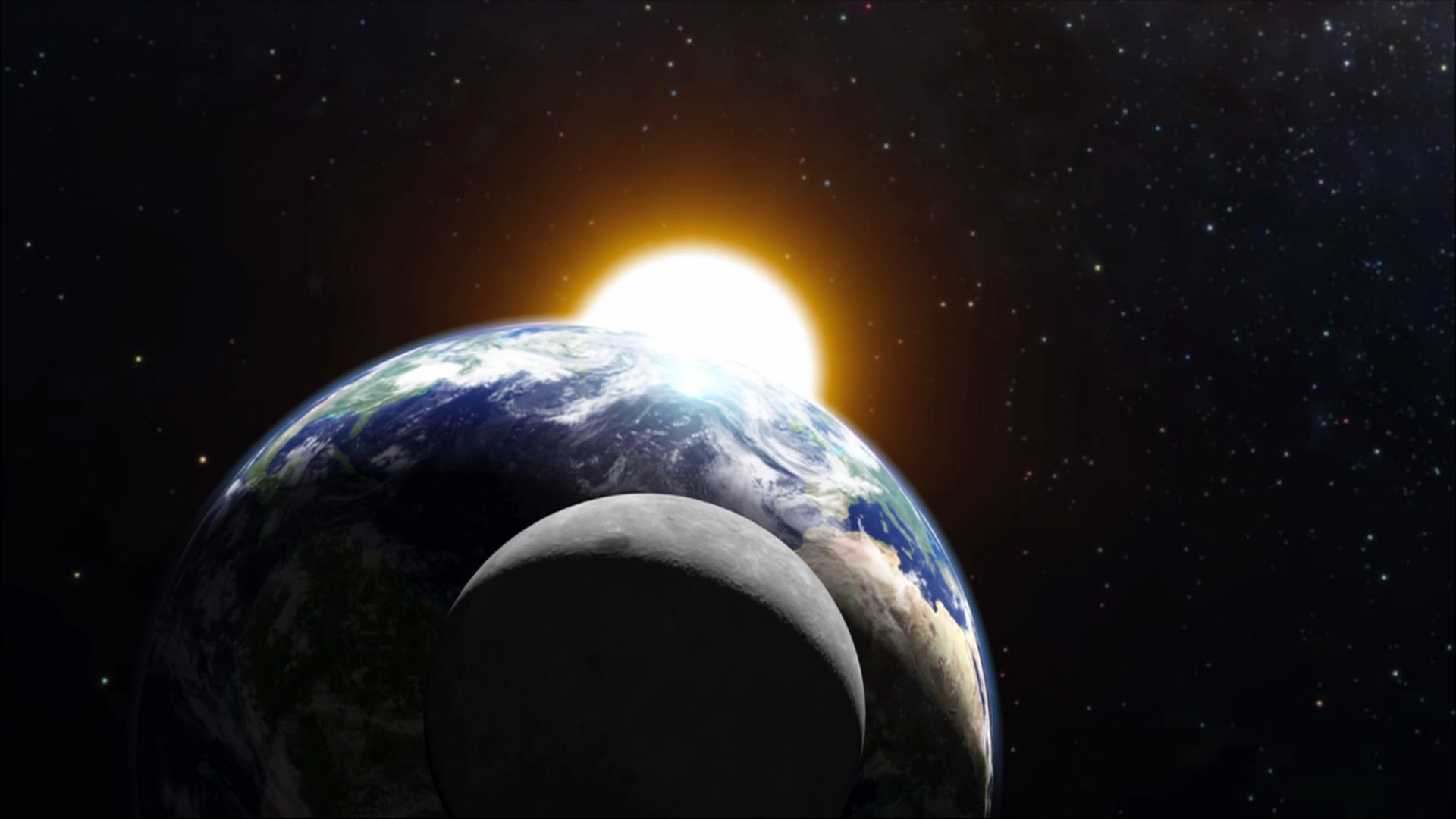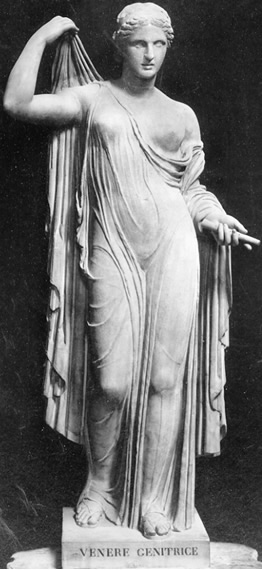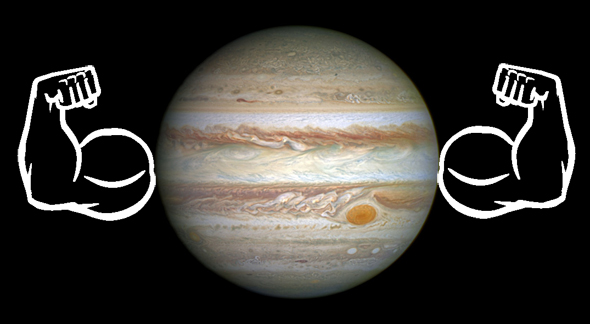The semester has officially ended and yet here I am in the Curriculum Library trying to race the clock as I attempt to finish not just one but two LiveBinders for Dr. Smirnova. Hooray!
I will look back on this and laugh.
 I will also look back on this and realize, like I do every end of a school year, just how much I really love learning. I love researching, making my opinions based off of fact, holding old books in my hands and coming away with a knowledge I did not know before.
I will also look back on this and realize, like I do every end of a school year, just how much I really love learning. I love researching, making my opinions based off of fact, holding old books in my hands and coming away with a knowledge I did not know before.Everyone knows I am obsessed
with Feral Children and that came from nosing around on YouTube for far too long and finally coming up with something grotesque and awe-inspiring. It's one of the main reasons I decided to go back to school for Education. I wanted to learn more about Feral Children and how children's minds developed. And now, here I am at the end of my second year of graduate school, filled with knowledge and pumped with even more curiosity.
So what did I learn this semester?
I learned I can do a lot more than I thought I could do.
I learned that technology is a vital organ in the classroom, that it is a huge glass door that once swung open leads to a forest of knowledge where the trees are numerous and stacked with ideas. Somewhere in the clearing is a fountain of knowledge that never runs dry. It is mesmerizing. And the forest can either be friendly and inviting or can be dark and perplexing. It all depends on how you swing open the door. Which is why it is so important for classroom teachers to be at
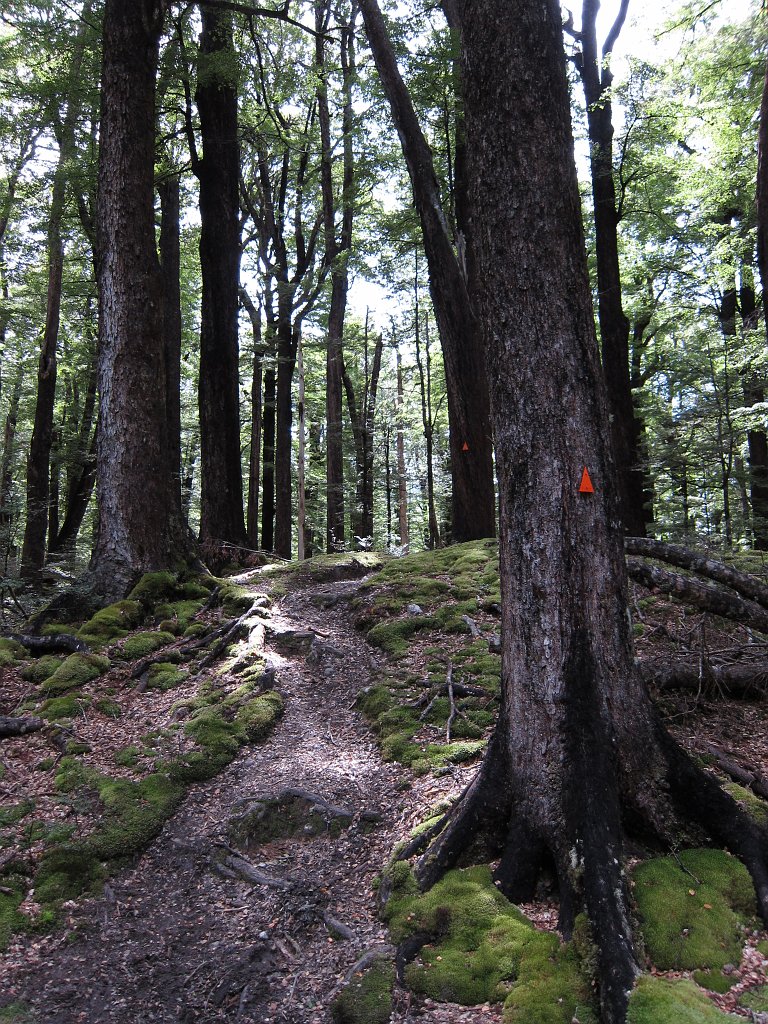 the helm, spearing the way for students to go out and explore on their own.
the helm, spearing the way for students to go out and explore on their own.I also learned the value on inquiry based lessons coincided with direct instruction. I thought the two were such different schools of thought, almost never sharing the same classroom and certainly never sharing the same breath. But instead, the two are a match made in heaven. They are team mates, partners and best friends. With Direct comes Inquiry and somewhere in the mix Cooperative Learning toddles along, eager to show its own strength. I finally learned that I have command of all three. That in that command I can have students become masters of a tool I only just learned to use myself.
The experience was intense. It left my nervous, stressed, overwhelmed, excited and all the while kicking and screaming. I have been taking three classes this semester, two with Dr. Smirnova (Methods Science and Methods Social Studies) and one with Dr. Berlinghoff (Research Based Instruction). Those three classes have not been a walk in the park, but I have emerged from the other side a more forceful student, soaked in new knowledge and capable of adapting to student needs faster than I would have ever imagined. It truly was an incredibly experience. Exhausting, but incredible.
I am also excited to use all the resources that have been provided to me, almost on a silver platter: TikTok, PowToon, Glogster, Tagul, WordCloud, Google Slides.
My classroom is already brimming with new ideas, a better and firmer grasp on instruction and resources a plenty, and I don't even have a classroom yet.


